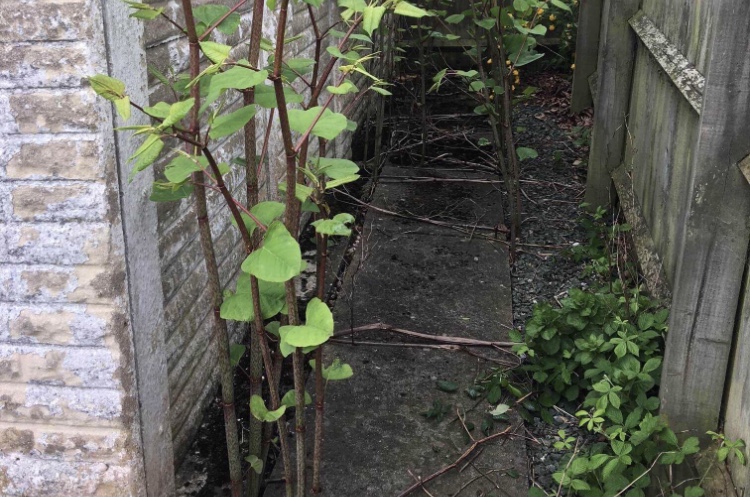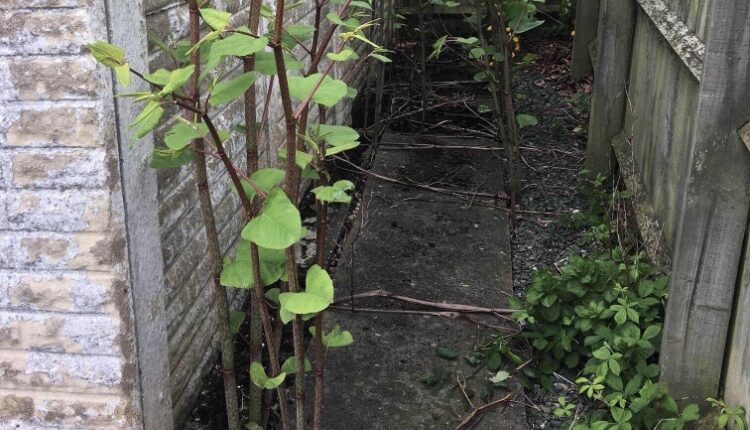Liverpool law firm secures knotweed settlement
A Liverpool law firm, Angelus Law , has secured a £27,500 settlement for a homeowner who whose property was blighted by Japanese knotweed

Liverpool law firm Angelus Law has secured a £27,500 on behalf of a homeowner client with Japanese knotweed encroaching onto his property.
Angelus specialises in Japanese knotweed claims as well as housing disrepair, financial mis-selling, data breach and more. It has worked with many homeowners to recover costs based on the encroachment of Japanese knotweed – an invasive weed that spreads rapidly and costs thousands to remove.
Japanese knotweed is renowned for causing structural damages and creating issues, causing interference with draining pipes and growing into small cracks or joints where it can expand and break them.
The plant is most commonly found near railway locations as it was traditionally used to support railway embankments and its surrounding. If the plant has grown up to a metre onto a property or piece of land, owners are entitled to make a claim.
Angelus Law’s client had suffered a large reduction in the value to his property due to the encroachment stems from neighbouring land. Japanese knotweed poses substantial risks to land and property, hindering sales due to its robust and rapid growth and its exceptional strength which can ruin property structures.
The land that contained the original bout of Japanese Knotweed was owned by a property development company that had allowed the growth of the plant to spread and develop onto the client’s property boundaries which in turn, devalued his property.
Angelus Law pursued a claim against the property developer, but after continuing to deny liability, the firm issued court proceedings and after negotiation, were able to secure a settlement of £27,500 for the homeowner.
Oonagh Burns, principal solicitor and director of Angelus Law, said: “Most peoples’ most important and valuable asset is their home. If Japanese Knotweed is present on a property it devalues the property.
“It is an invasive plant and by law a controlled waste, therefore it must be removed from your property, and costs thousands of pounds to remove.”

